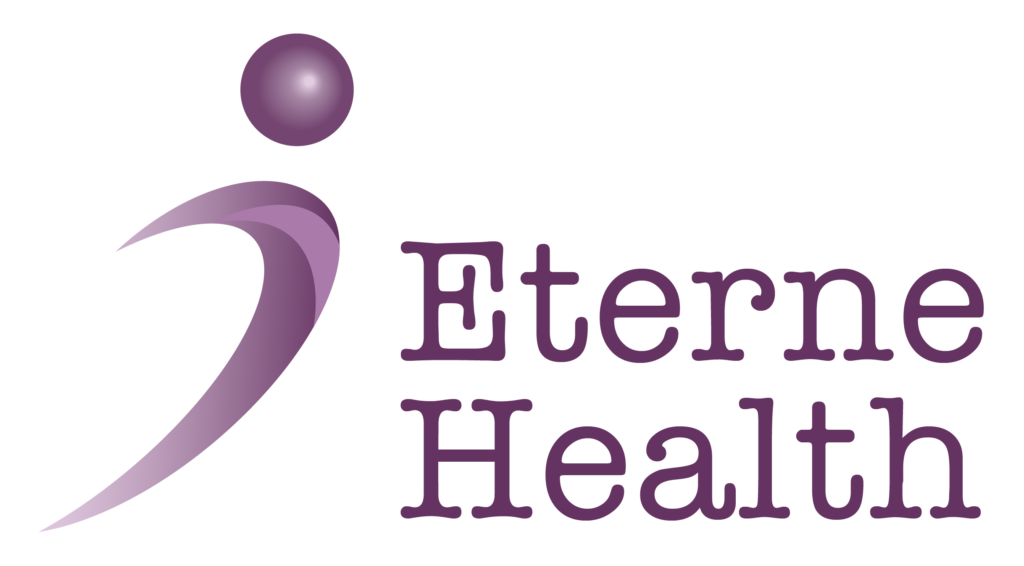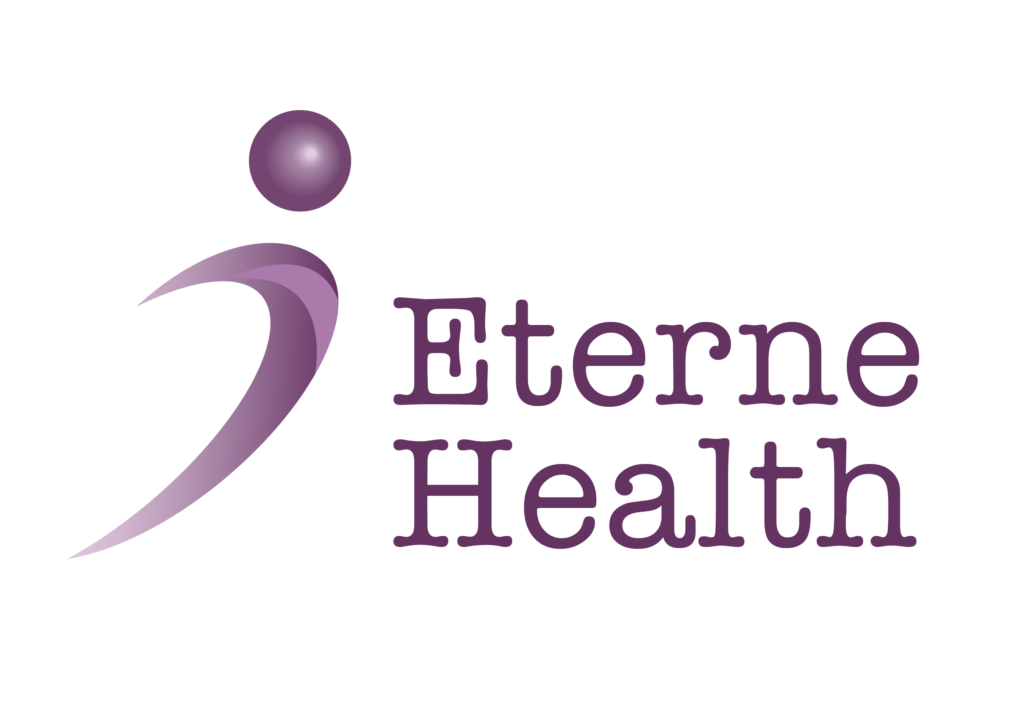

hormone therapy
what's hormone therapY?
The word hormone originates from the Greek word Homaein, which means “to control” or “to excite.” This statement vividly describes the role of hormones in the human body – controlling multiple physiological functions in the body and ensuring human health.
Hormones are indispensable substances for maintaining human life. So far, scientists have discovered more than 80 different hormones in the human body. Most of the endocrine secretions are produced or secreted by the seven major organs of the human body, including the brain, kidneys, liver, digestive organs, genitals, etc. In addition, blood vessels and human cells can also produce different hormones at decibels.
Different hormones have different functions and roles. While some hormones are fighting against disease and aging, some are focusing on maintaining mental health. Just like some hormones are maintaining the beauty of our bodies, some hormones are maintaining the sensitivity of our senses.
Hormone Replacement Therapy, also known as hormone replacement therapy, is used to treat common menopausal symptoms such as hot flashes and vaginal discomfort. Hormone therapy has also been shown to prevent osteoporosis and reduce the risk of fractures in postmenopausal women.
Hormone levels decrease with age, and supplementing with bioidentical hormones can lead to improved memory, a healthier heart, stronger bones, and even glowing skin.
Hormone therapy technology began in the 1960s and is commonly used in Europe, North America, and Australia. Mayo Clinic, as the number one general hospital in the United States year-round, has approved hormonal therapy after strict evaluation. For best results, hormone therapy should be tailored to each individual and reevaluated frequently to ensure benefits are maximized.
Benifits of homrone therapy
Mind
Enhance Memory
Improve Sleep Quality
Balance Bood Swings
BOdy
Avoid Hot Flashes
Increase Energy Levels
Avoid Weight Gains
Holisitc
Recover interest in sex
Decrease Vaginal Dryness
What kinds of HRT are there?
- Holistic hormone therapy: Holistic hormone therapy—which comes in the form of pills, skin patches, gels, creams, or sprays—usually contains higher doses of estrogen that are absorbed throughout the body and are used to treat common symptoms of menopause.
- Low-dose vaginal products: Low-dose estrogen vaginal preparations (in cream, tablet, or ring form) minimize the amount of estrogen your body absorbs. Low-dose vaginal preparations are therefore usually reserved for the treatment of vaginal and urinary symptoms of menopause. If you don’t have your uterus removed, your doctor will usually prescribe estrogen along with progesterone or progesterone (a drug called progesterone). Because when estrogen and progesterone are imbalanced, estrogen alone can stimulate the growth of the lining of the uterus, increasing the risk of endometrial cancer.
- Skin-embedded chip: The treatment provides slow-release and stable hormone levels for four to six months, and the released dose can be increased according to the cardiovascular ejection dose (increased by activity level), achieving an ideal mechanism of adjustment close to physiological needs. . It is an effect unsurpassed by any other drug, without any “roller coaster” of hormonal doses and adverse effects. The chemical structure of the hormones it uses is natural, and hormone chip therapy has fewer drawbacks than synthetic hormone therapy. For example, a large amount of current data shows that it does not have the side effects of synthetic hormones that increase the chance of cancer, because supplementation is within the physiological range and should not There are overdose side effects. Currently, the hormone chip treatment system I use is the largest in the United States, with the largest dosage and the most complete tracking system. The number of guests is close to 1 million. Each patient has their curative effects and side effects stored in the expert system, which is the most complete and professional expert system in the history of the United States. The patients benefited a lot and reported very well.
what's bioidentitcal hormones?
Bioidentical hormones are artificial hormones that are identical to those produced by the human body itself. Doctors use this artificial hormone to help you replenish low levels of hormones, or use compound bioidentical hormones to help correct high levels of some hormones.
Estrogen: Estrogen exists in three forms in women: estradiol, estrone, and estriol. Menopausal hormone therapy using bioidentical forms of these hormones can treat menopausal symptoms such as hot flashes and vaginal dryness, improve mental health, and reduce the incidence of coronary artery disease and osteoporosis.
Progesterone: Progesterone helps balance the effects of estrogen. It can relieve hormone-related mood swings, stop weight gain, help restore libido, prevent breast fibrocysts and osteoporosis, and more.
Pregnenolone: Pregnenolone is an important human hormone that serves many purposes in the body. As a supplement, pregnenolone can improve memory, reduce stress, reduce arthritis inflammation, and improve mood.
Melatonin: The main function of melatonin is to regulate sleep and improve sleep quality. As we age, our ability to produce melatonin decreases, making us prone to problems such as insomnia. At Eternal Time, we use melatonin therapy to help patients sleep better, boost immunity, and reduce stress.
who fits for HRT?
Hormone replacement therapy is usually suitable for women 60 or younger who had their last menstrual period less than 10 years ago. It is not recommended for women over 60 who have not had a period for more than 10 years, or women with a history of breast cancer, heart disease, or blood clots in the lungs or legs. If you have had your uterus removed (hysterectomy), you may not need to take progestins.
IS HRT safe?
Mayo Clinic, as the number one general hospital in the United States year-round, has approved hormonal therapy after strict evaluation. Through decades of clinical observation, scientific hormone regulation can improve various symptoms of menopause and human hormone imbalance. For best results, hormone therapy should be tailored to each individual and reassessed frequently to ensure the benefits still outweigh the risks.

